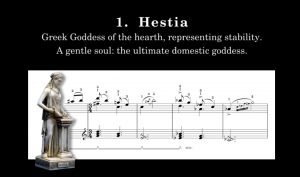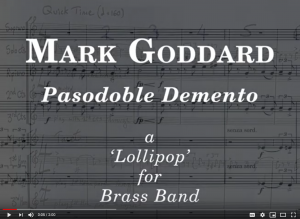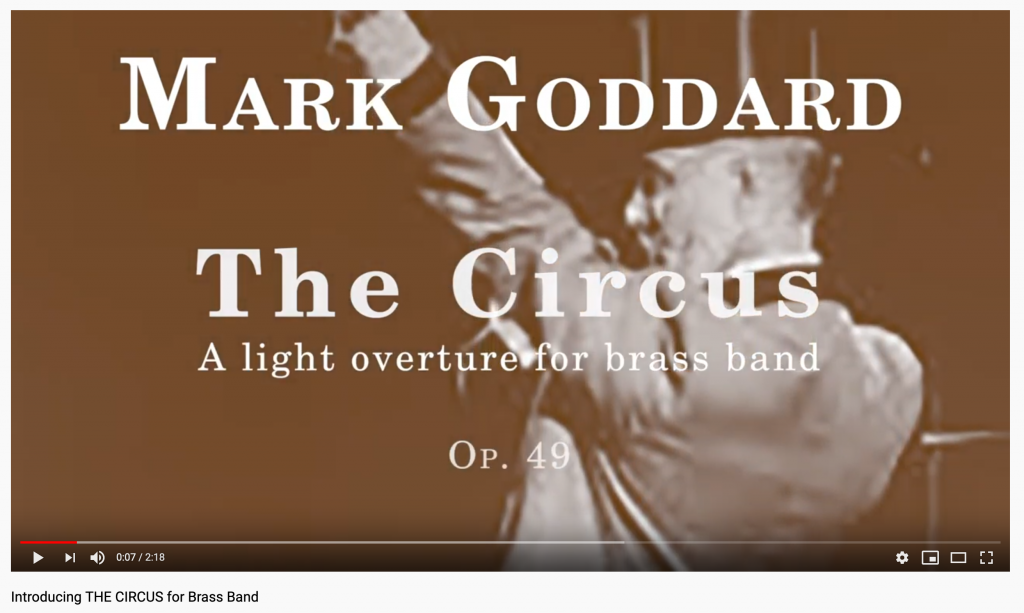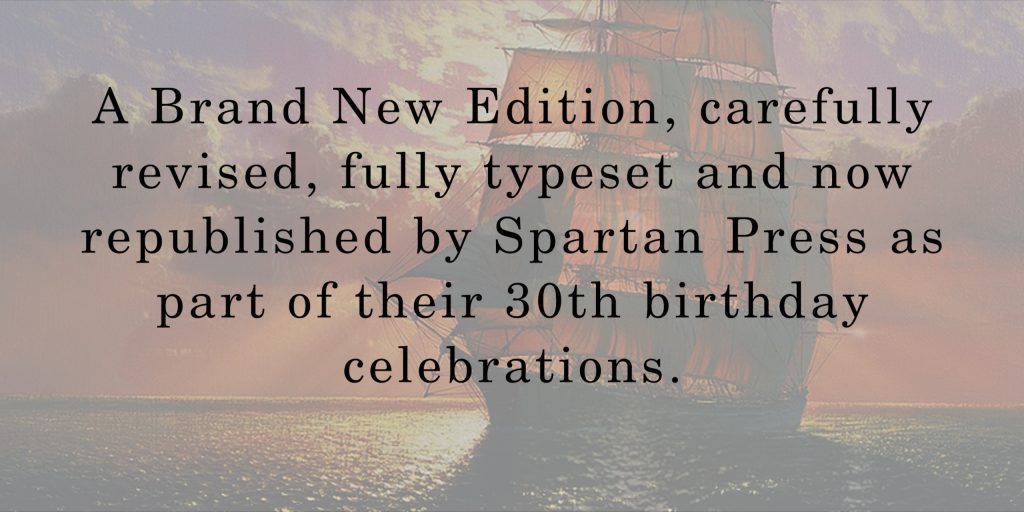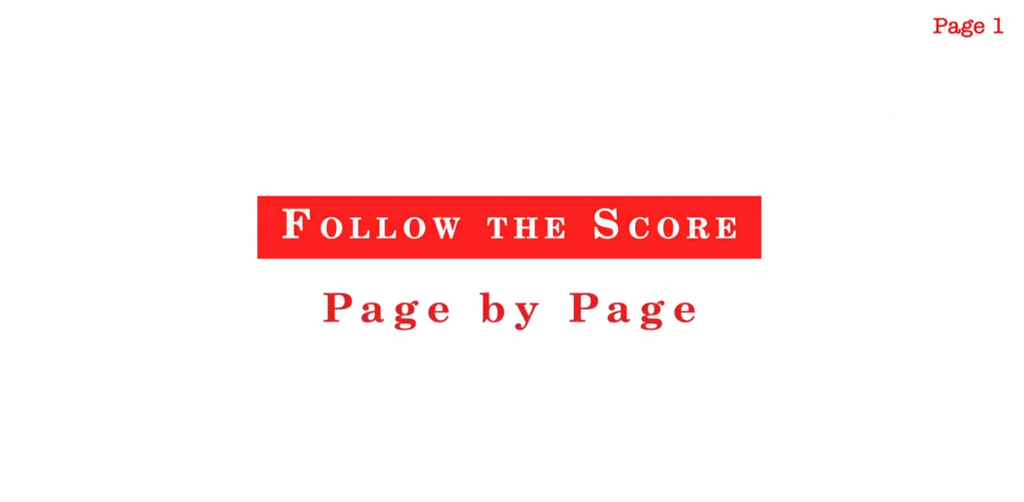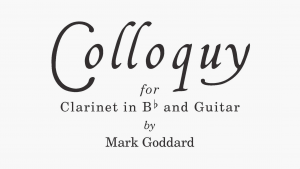New Preludes for Piano
Op. 88
Six Legendary Figures from Greek Mythology, each with their own unique musical character. Approximately grades 6-8. Full duration: 10-11 minutes.
Published by EVC Publications — Buy the book here.
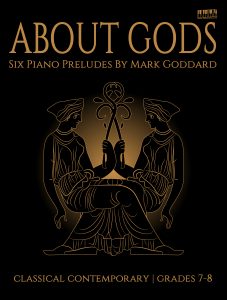
The final piece of the set (Theseus) appeared in International Piano Magazine during the autumn of 2020.
Contents
Hestia 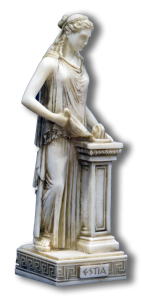
Greek Goddess of the hearth, representing stability.
A gentle soul: the ultimate domestic goddess.
Atalanta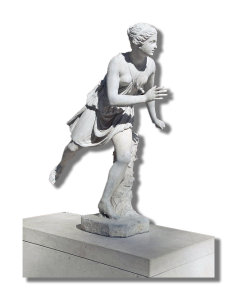
Atalanta was a famous Greek huntress and an exceptional athlete.
Aphrodite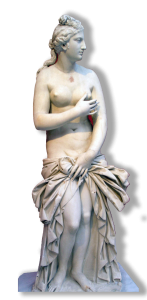
Aphrodite was the Olympian goddess of love, desire and beauty. She frequently engaged the talents and genius of the ancient artists.
Hermes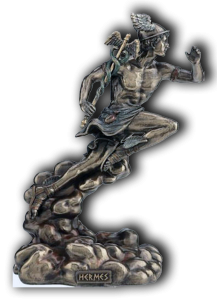
Hermes is the fastest of the gods and wears winged sandals. He (reputedly) invented the musical scale!
Icarus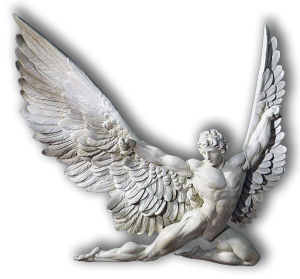
Icarus ingeniously escaped prison by creating wings made of feathers and wax. Unfortunately, he perished when he flew too near to the Sun which melted his wings.
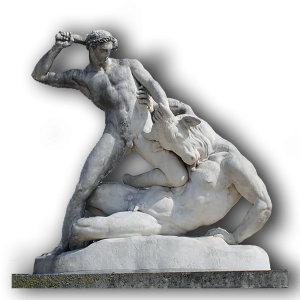 Theseus
Theseus
Theseus was the mythical king and founder-hero of Athens. He successfully battled and overcame many foes including the fearsome Minotaur.
YouTube videos
First performance
Given by Ariana Pethard
Royal Albert Hall: Elgar Room
Elena Cobb Star Prize Festival 2022, April 6
Introducing About Gods — a short trailer video